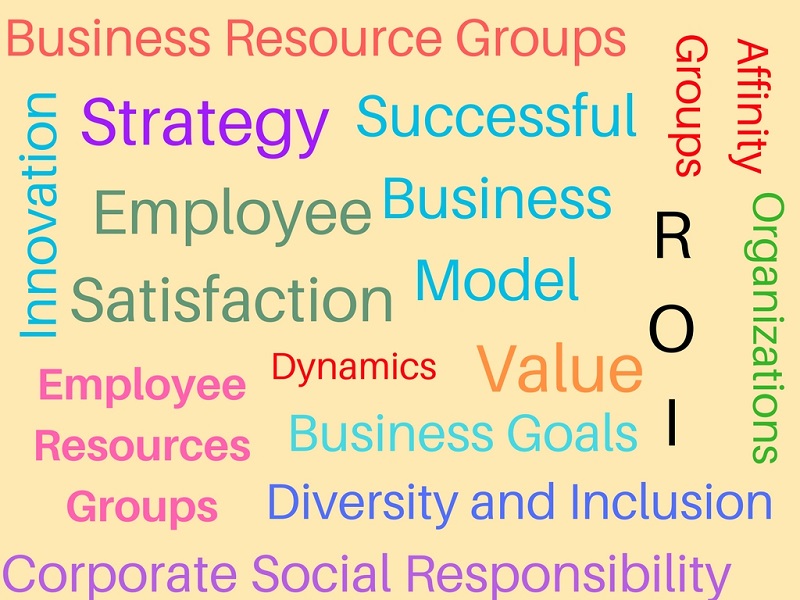
By Yarice Hidalgo-Calderón
Companies that have Diversity and Inclusion (D&I) departments maximize the multicultural fiber of their employees. The study Diversity Matters published in 2015 by the global consulting company McKinsey & Company revealed that companies who embrace ethnic diversity, register 35% higher profits and companies that promote gender diversity, have accounted for a 15% increase in revenues. Furthermore, this report makes a compelling argument on how diverse teams help the private sector improve their customer and employee satisfaction while fostering innovation.
One strategy of D&I is the implementation of Employee Resource Groups (ERGs). These groups help companies recognize and support affinity groups, celebrate their culture, address concerns regarding the workplace, help their members identify opportunities to advance their careers, and recognize their contribution to the company. Moreover, companies have unveiled the powerful dynamics that occur when ERGs are interconnected. This methodology promotes an overall understanding and awareness among the employees regarding diversity and the different work styles. However, how can companies engage employees to make them part of a successful business model?
Employee Resource Groups that actively participate in Corporate Social Responsibility (CSR) programs could help the company build a stronger relationship with their employees and the communities they represent. This practice could increase brand loyalty, get direct customer feedback, and strengthen diversity recruitment and retaining efforts. When a company considers their employees’ suggestions during the grant-making process, or takes into account some of the organizations that their employees support, it recognizes and acknowledges their employees’ contributions. When this becomes the way of doing business, resource groups gain a new meaning within the core of the business. At this point, ERGs start to be referred to as Business Resource Groups and their role becomes more relevant in the business strategy. This approach increases the value of resource groups within the company. Studying and learning the results from this best practice is smart business.
The article Why Diverse Teams Are Smarter published by The Harvard Business Review last November reported that diverse teams tend to challenge each other ideas and help gain greater insight and breakthroughs for the businesses. Also, these teams tend to stick to facts and foster arguments based on evidence. This report demonstrates the great added value of diversity.


